Gardening is much more than a trend gardening in organic way is also a playful thing and a hobby it is an extremely sound philosophy for sustainability, health, and keeping the environment right. Via natural flower-growing techniques, organic gardening tends not only to your garden but also to a cleaner, healthier planet. In this blog, we will share efficient organic gardening techniques that can help in raising a lush green garden with reduced ecological footprint.
1. Soil Health
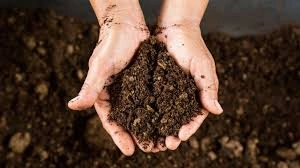
Build Healthy Soil Healthy soil is the essence of organic gardening. Begin by first analyzing your soil’s pH and nutrient levels to determine its content. Improve your soil with organic matter such as compost, aged manure, or worm castings for better structure and fertility.
Practice Crop Rotation Additionally, rotating your plants season by season prevents depletion of nutrients in the soil and reduces the risk of pests and diseases. In different stages of plant lives, diverse nutrient requirements exist, and rotation helps to keep a balanced rate in your soil.
2. Nature’s Fertilizer
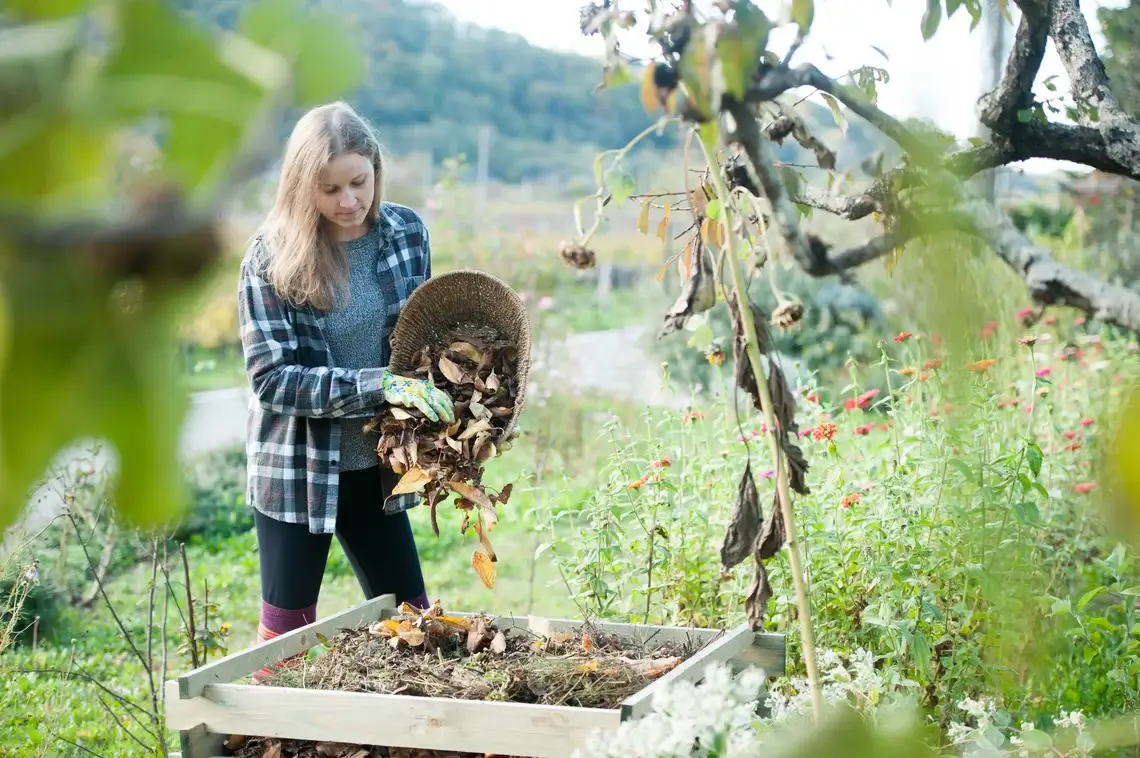
How to Create a Compost Bin Composting A key method in organic gardening that directly transforms kitchen scraps and yard waste into nutrient-filled compost capable of feeding microorganisms. In your landscape, incorporate a composting system where you will have a balance of green materials, such as fruit scraps and grass clippings, and brown ingredients like dry leaves and cardboard.
Add Finished Compost When your compost is ready, use it to enrich garden beds, potting soil, or as a top dressing for established plants. Compost improves the structure of the soil, promotes wholesome microbial pastime, and gives important nutrients.
3. Natural Pest
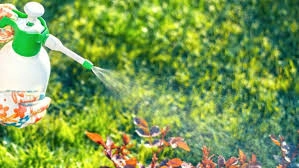
Encourage Beneficial Insects Attract beneficial insects like ladybugs, lacewings, and parasitic wasps with plants that include marigolds and dill. The insects feast on what are usually common garden pests, greatly eliminating the need for the use of artificial pesticides.
Apply Organic Pest Repellents In case of pests, opt for organic solutions. Neem oil, insecticidal soap, and garlic spray do an excellent job of tackling undesirable intruders without the poisoning other friendly insects or the soil.
4. Companion Planting
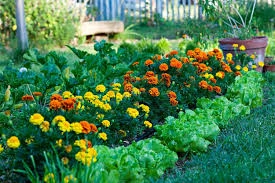
Maximize Plant Relationships Companion planting is the process of pairing flora that assist one another. A little basil planted beside tomatoes can improve flavor and also repel pests. In the same way, marigolds not only repel nematodes but also attract pollinators.
Create a Diverse Garden Diversity for your garden helps in preventing the spread of pests and maintaining a balanced ecosystem. Mixing some kinds of flora will give your lawn not only beauty but strength too.
5. Water Conservation
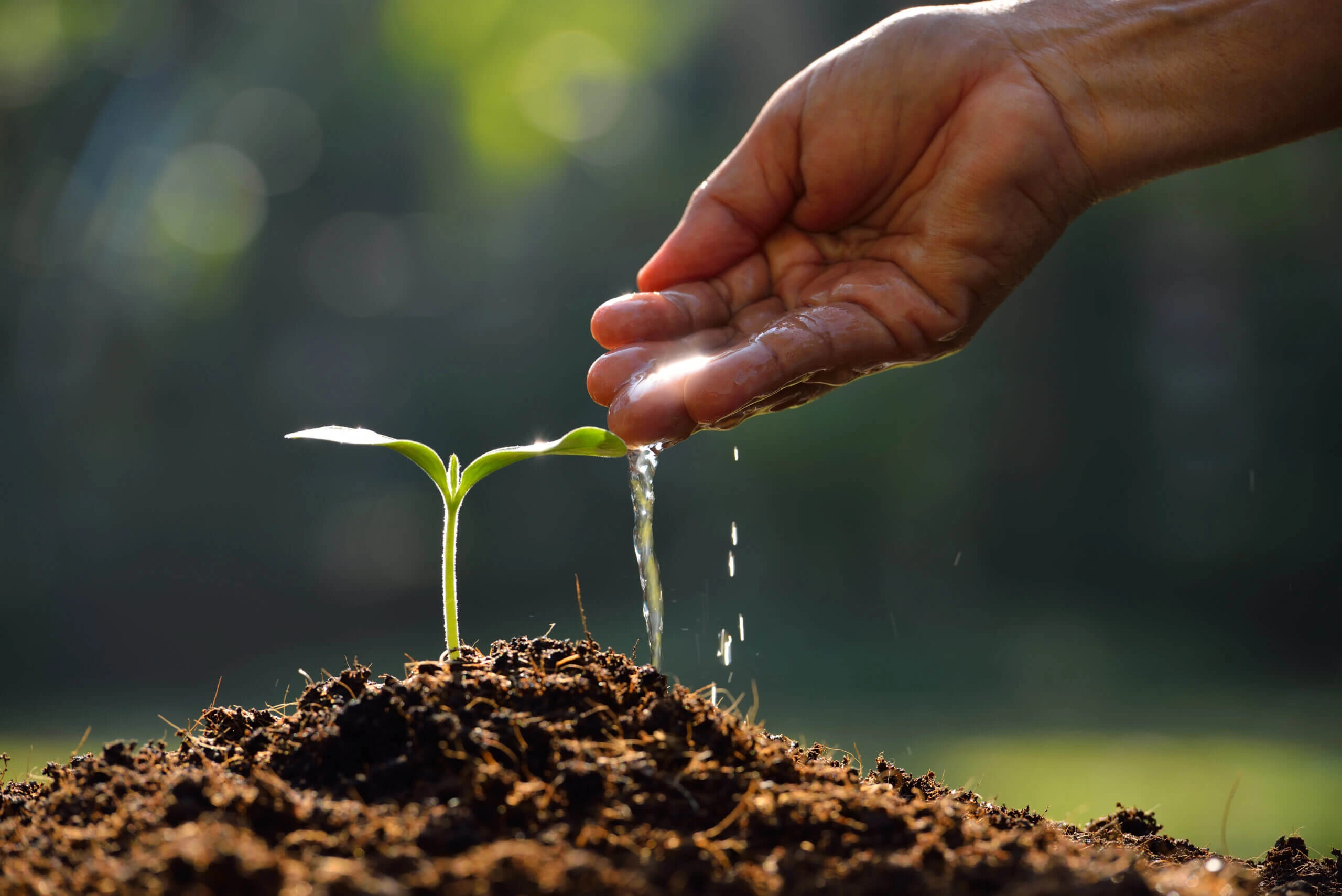
Use Drip Irrigation Also, to save on water and see to it that your flowers get the right amount of moisture, ensure that you include drip irrigation. The approach supplies you with water directly to the roots of the plants, therefore cutting losses through evaporation and runoff.
Mulching Spread a layer of organic mulch including straw or wood chips around your plants. Mulch helps retain the moisture from the soil, prevents weeds from growing, and slowly adds nutrient content to the soil as it decomposes.
6. Seed Saving
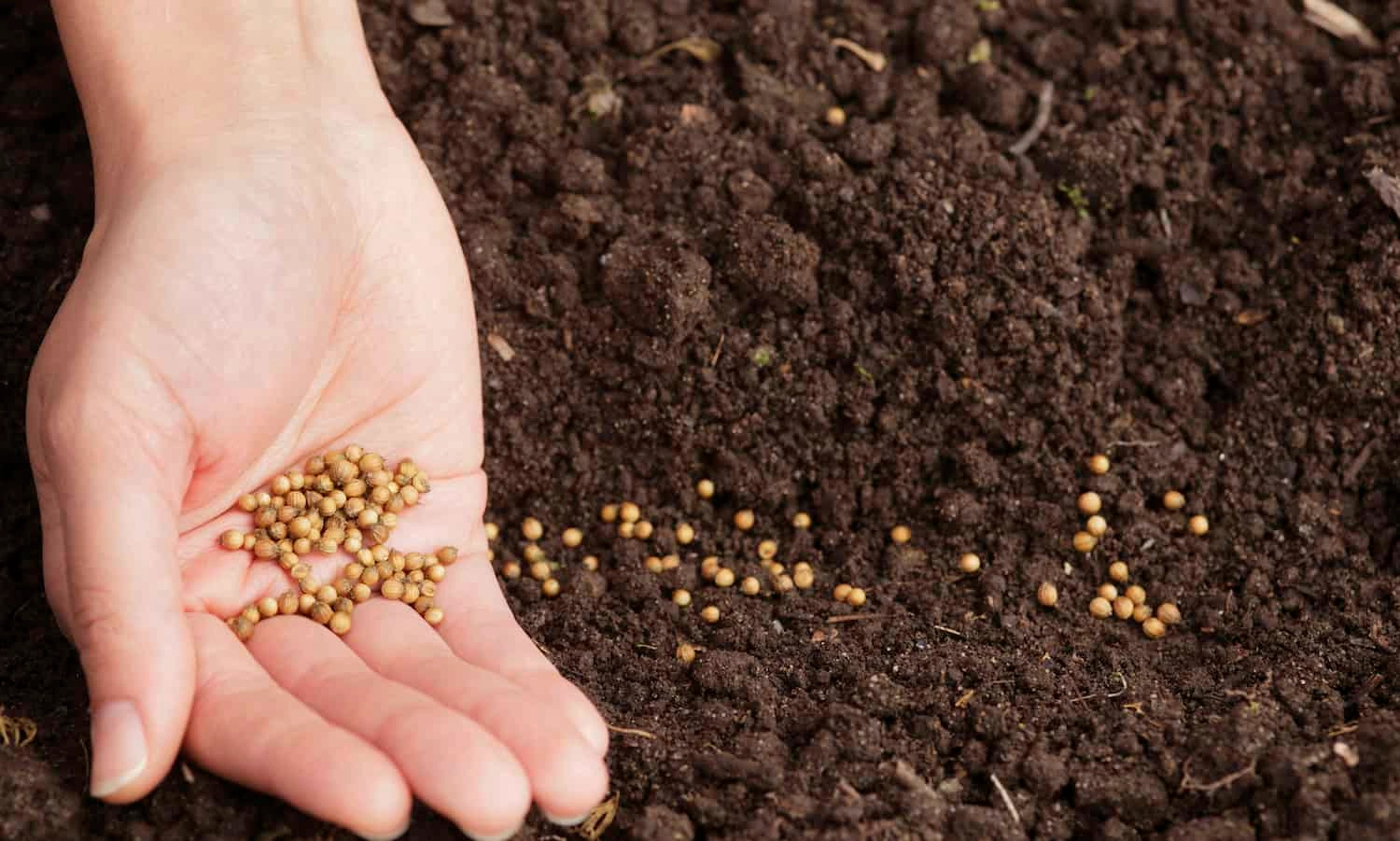
Save Your Seeds By saving seeds from your healthiest, most productive plant life, you can foster a self-sustaining garden. This helps maintain biodiversity while supporting heirloom varieties bred specifically for your regional weather.
Grow Heirloom Varieties Heirloom seeds are open-pollinated and often have richer flavors and hardier resilience. By growing heirloom varieties, you support biodiversity and continue to support the agricultural heritage of your area.
Conclusion
Organic gardening techniques raise your plant life in such a manner that it self-sustains while taking care of the environment. With a focus on the health of your soil, herbal pest control, seasonal gardening and saving water, you will have the ability to create a lush garden that is not only effective but also ecologically responsible.Whether you’re a seasoned or beginning gardener, embracing natural practices will help to create a more profitable and healthier gardening experience. So, roll up those sleeves, dig into that soil, and see the beauty of organic gardening!

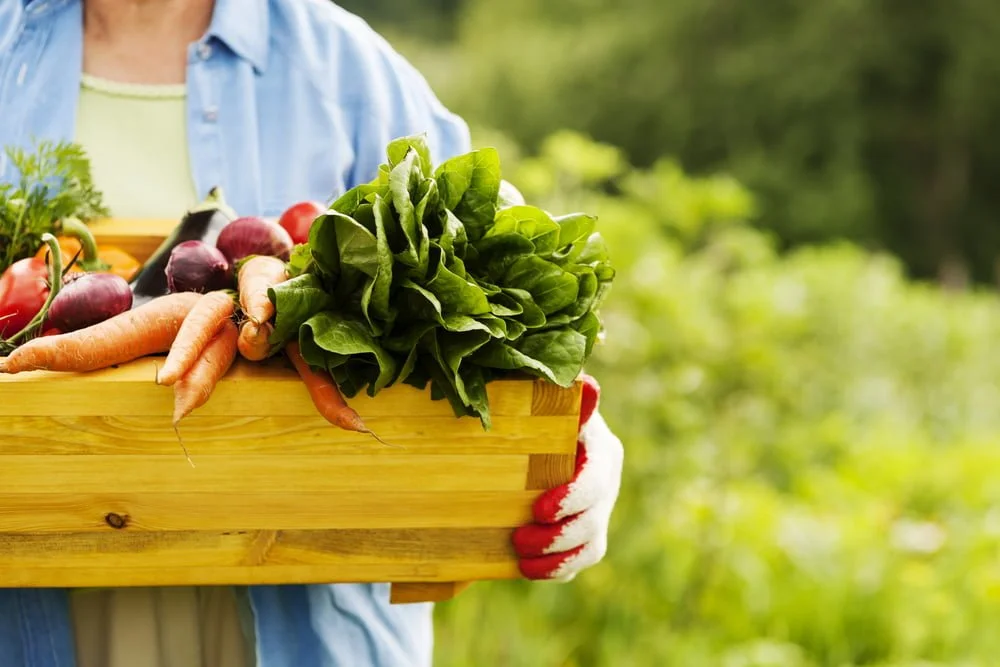


Pingback: Plants Explained For Your Right Climate
Pingback: Indoor Gardening Activities Growing a Green Oasis Perfectly
Pingback: Ramen Noodles Recipe A Japanese Comfort Food